Every gardener encounters challenges in maintaining healthy and vibrant flowers, from pest infestations to fungal diseases and nutrient deficiencies. While chemical treatments are commonly used to address these issues, there are also effective natural remedies that can help solve common flower problems without the need for harsh chemicals. In this guide, we’ll explore natural solutions for tackling common flower problems, allowing you to nurture your garden in harmony with nature.
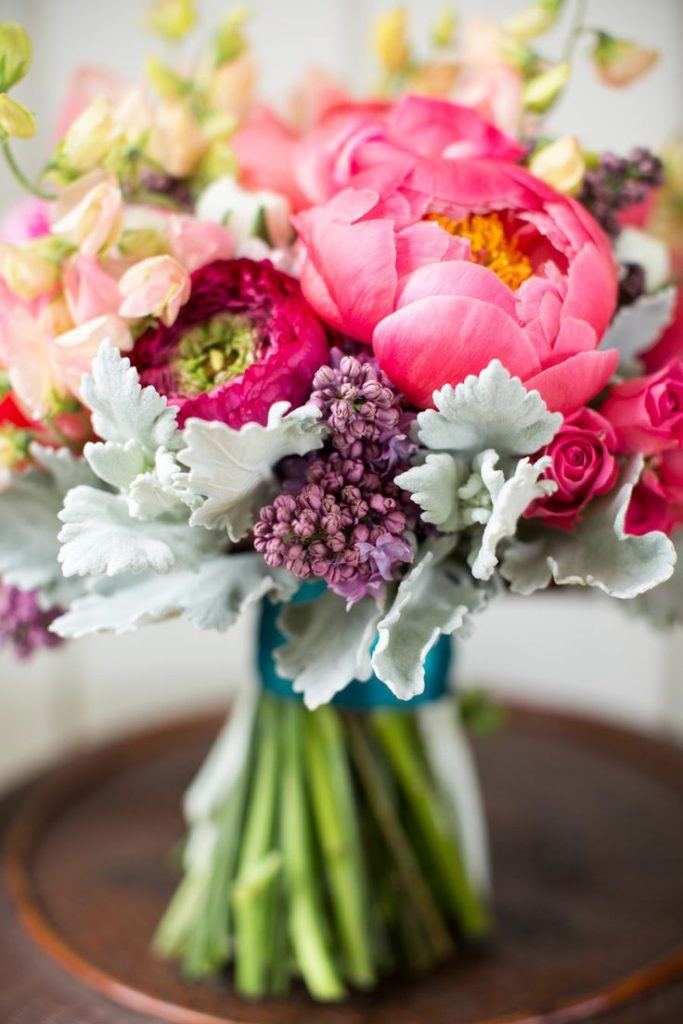
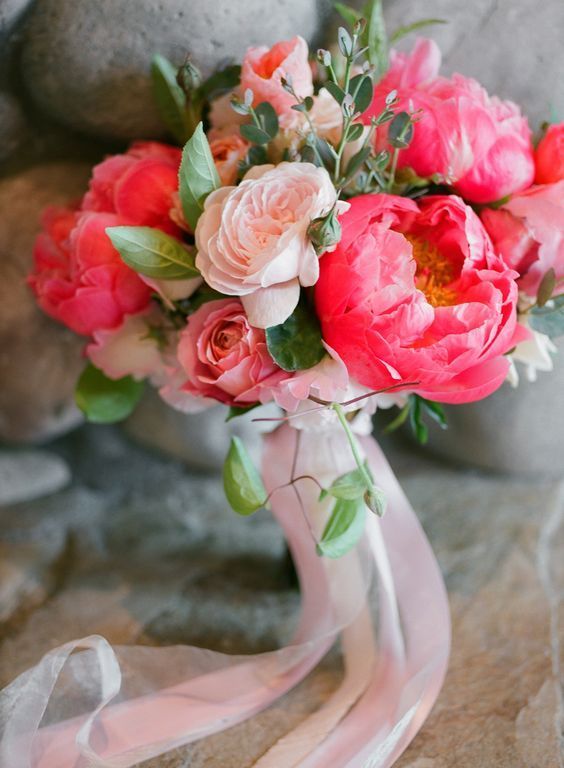
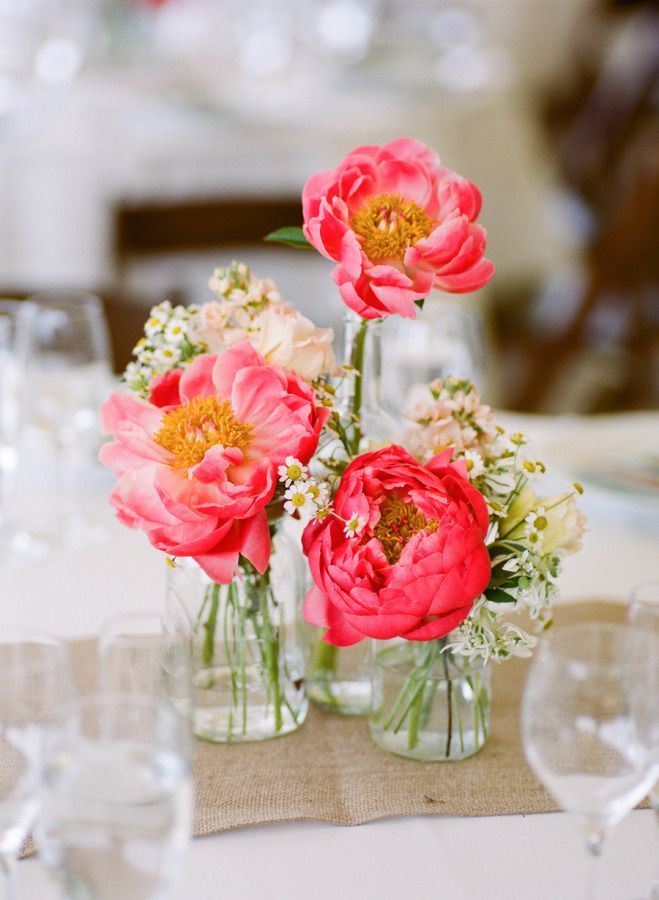
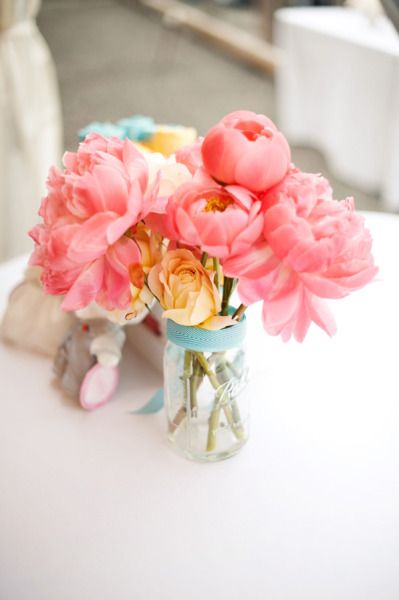

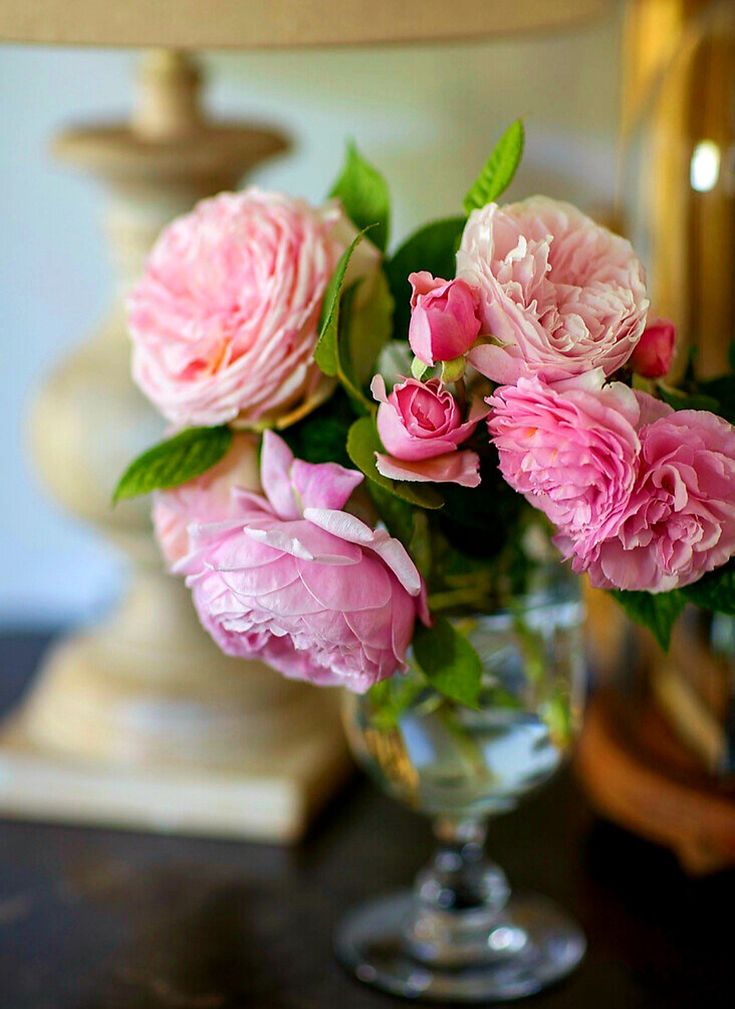
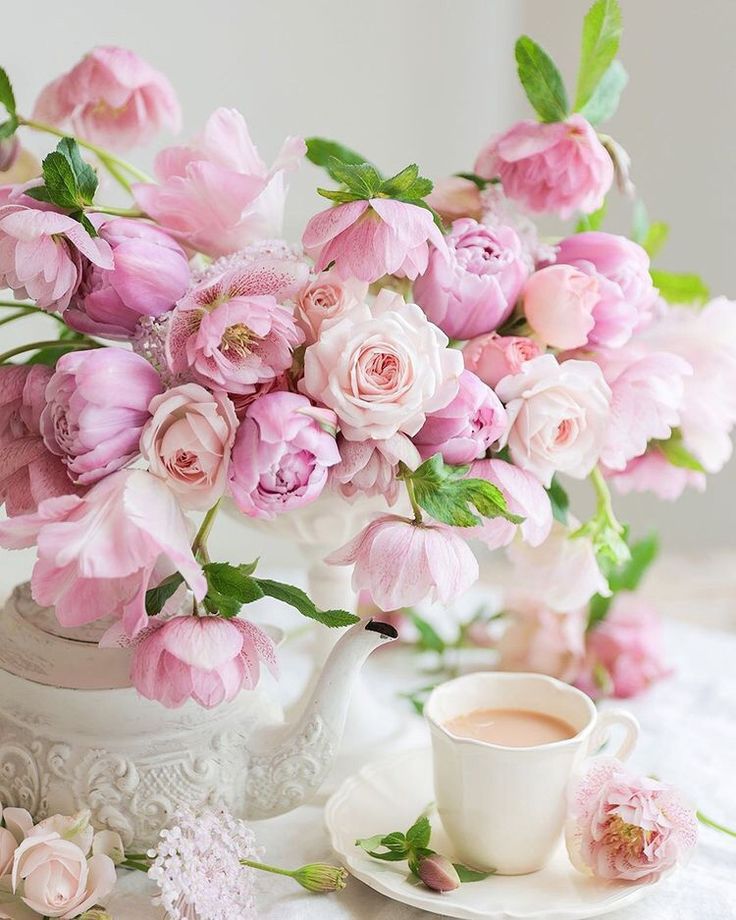
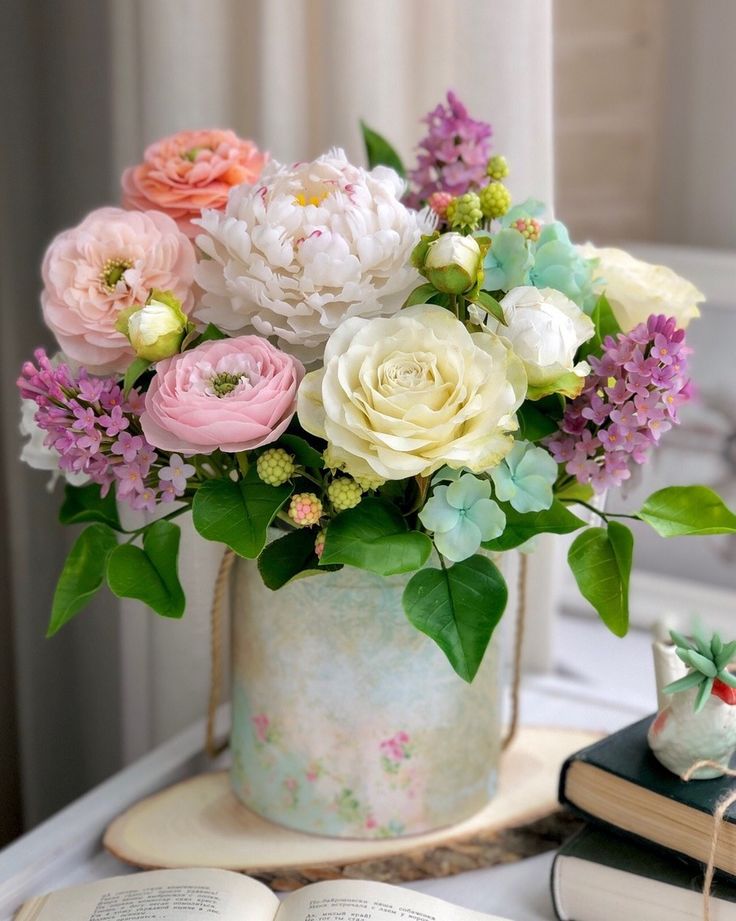
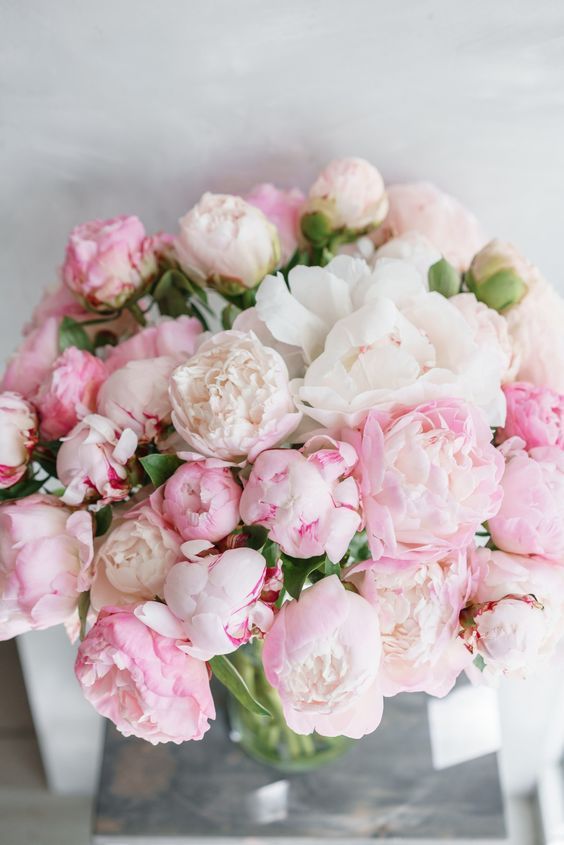
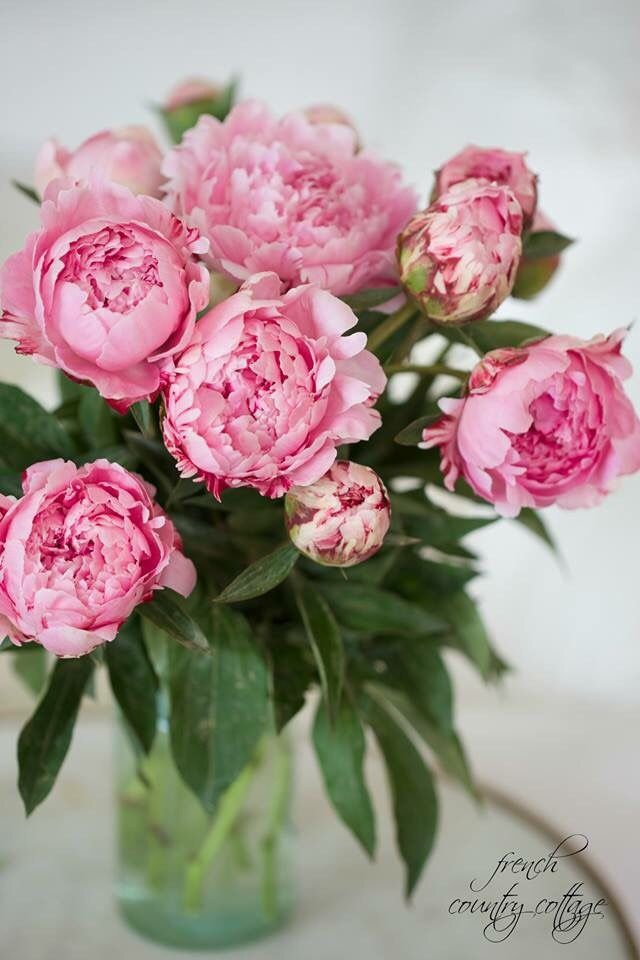

Identifying Common Flower Problems
- Pest Infestations: Common garden pests such as aphids, spider mites, and whiteflies can wreak havoc on flower plants, causing damage to leaves, buds, and blooms.
- Fungal Diseases: Fungal diseases such as powdery mildew, rust, and botrytis can affect flower plants, causing discoloration, wilting, and decay of leaves and flowers.
- Nutrient Deficiencies: Insufficient levels of essential nutrients such as nitrogen, phosphorus, and potassium can lead to stunted growth, poor flowering, and overall decline in plant health.
Natural Remedies for Common Flower Problems
- Neem Oil: Neem oil is a natural insecticide and fungicide derived from the neem tree. It effectively controls a wide range of garden pests and fungal diseases, including aphids, powdery mildew, and rust. Dilute neem oil according to the manufacturer’s instructions and spray it directly onto affected plants.
- Diatomaceous Earth: Diatomaceous earth is a natural powder made from fossilized algae. It works by dehydrating and damaging the exoskeletons of insects, making it an effective treatment for pests such as aphids, caterpillars, and slugs. Sprinkle diatomaceous earth around the base of plants or directly onto affected areas.
- Compost Tea: Compost tea is a nutrient-rich liquid fertilizer made from composted organic matter. It provides a natural source of nutrients and beneficial microorganisms that promote healthy soil and plant growth. Use compost tea as a foliar spray or soil drench to boost the overall health and resilience of flower plants.
- Baking Soda Solution: Baking soda is an effective natural remedy for controlling fungal diseases such as powdery mildew and botrytis. Mix one tablespoon of baking soda with one gallon of water and a few drops of liquid soap. Spray the solution onto affected plants every 7-10 days until the problem subsides.
- Epsom Salt: Epsom salt is a natural source of magnesium and sulfur, essential nutrients for plant growth. It can help correct magnesium deficiencies in flower plants and promote lush foliage and vibrant blooms. Dissolve Epsom salt in water and apply it to the soil around flower plants as a supplemental fertilizer.
Prevention and Maintenance Tips
- Healthy Soil: Maintain healthy soil by adding organic matter such as compost, aged manure, or leaf mold to improve soil structure and fertility. Healthy soil supports strong root growth and helps plants resist pests and diseases.
- Proper Watering: Water flower plants deeply and infrequently to encourage deep root growth and reduce the risk of fungal diseases. Avoid overhead watering, which can promote the spread of fungal spores.
- Crop Rotation: Rotate flower plantings annually to prevent the buildup of pests and diseases in the soil. Planting different flower species in the same area each year helps disrupt pest and disease cycles and promotes soil health.
- Companion Planting: Plant companion flowers and herbs that repel pests or attract beneficial insects to your garden. Marigolds, lavender, and basil are examples of companion plants that can help deter pests and promote biodiversity in the garden.
Conclusion
Natural remedies offer effective solutions for addressing common flower problems without the use of harsh chemicals. By harnessing the power of nature, you can maintain healthy and vibrant flowers while minimizing the impact on the environment and beneficial insects. Whether controlling pests with neem oil, combating fungal diseases with baking soda, or boosting plant health with compost tea, there are plenty of natural remedies available to help you nurture your garden in harmony with nature. With proper prevention and maintenance practices, you can enjoy a beautiful and thriving flower garden that flourishes without the need for chemical interventions.